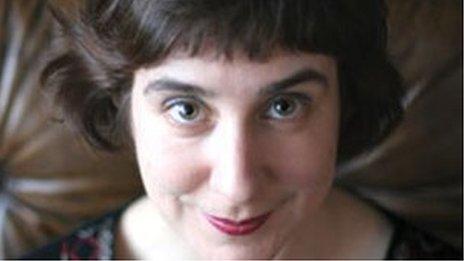Poet laureate: No 10 considered separate appointment for NI
- Published

The job dates back to the 17th Century, and has been filled by some of the most celebrated poets in history
Despite all the literary talent Northern Ireland has produced over its history, it has never had an official poet laureate.
But just-released government files show the idea of a separate Northern Ireland laureate was under serious consideration in the late 1960s.
The possibility of creating an Irish-language, Welsh or Scottish Gaelic laureate was also put forward.
The files from the National Archives reveal internal government discussions about which poet should be chosen for the prestigious role of poet laureate.
But they also detail a debates about the merits of having four separate laureates for England, Northern Ireland, Scotland and Wales.

What is the Poet Laureate?
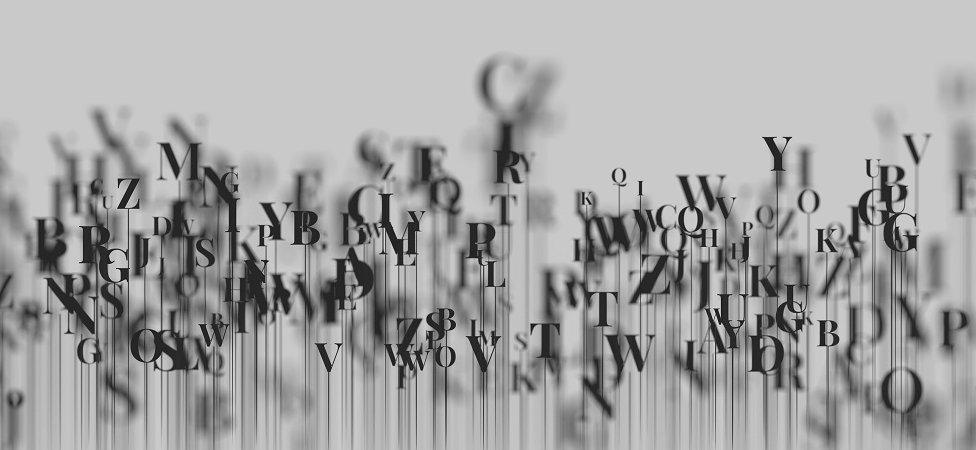
The poet laureate is an honorary position that is appointed by the reigning monarch, after government advice.
It attracts a yearly salary of about only £6,000 but gives the chosen poet and their poetry a high public profile.
Part of the centuries-old role is to mark royal occasions, but also to promote poetry and capture a wider view of British life.

The just-released papers detail internal government discussions on which poet to advise Queen Elizabeth II to appoint as Laureate in 1967, 1971 and 1984.
No Northern Ireland poets were considered.
However Philip Larkin, who had been a librarian at Queen's University Belfast in the 1950s, was considered in 1971 and 1984.
Officials, though, were advised he was a "reserved" man who would not be an ambassador for poetry.

Other stories from the National Archives:

But in 1967, the documents reveal, there was enthusiasm from the then Secretary of State for Wales Cledwyn Hughes for a separate Welsh laureate who would be a Welsh language poet.
As a result, the government considered separate laureates for each of the four UK nations.
But the distinct constitutional status of Northern Ireland complicated matters.
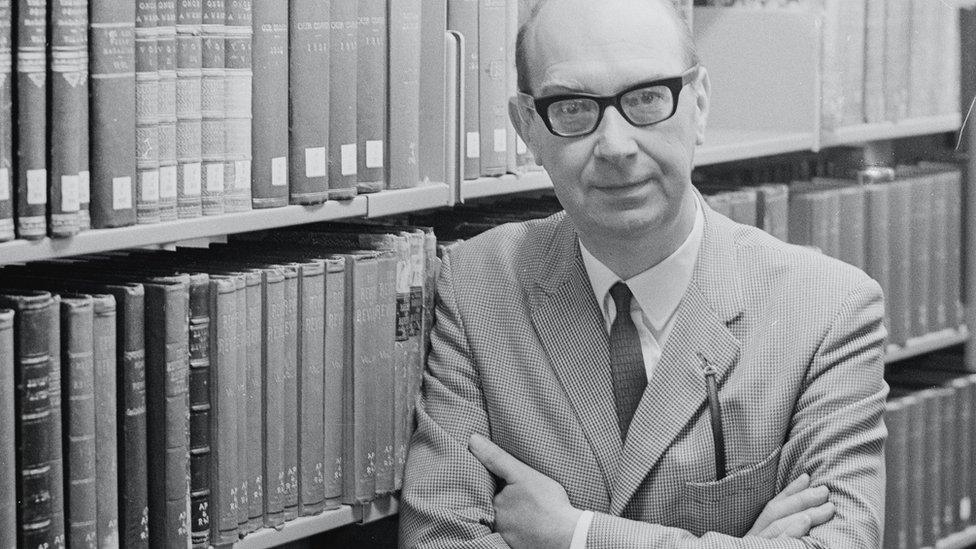
Philip Larkin was passed over because officials were advised he was a “reserved” man
"Northern Ireland had to be looked at differently from Scotland and Wales owing to the fact that there was a governor with a household," one internal memo on the matter read.
"Presumably a Northern Irish poet laureate would have to be attached to the governor's household."
A separate letter between officials in the Home Office and 10 Downing Street reflects similar concerns about "a Northern Ireland court poet" being attached to "the governor of Northern Ireland rather than the Queen".
There was a governor of Northern Ireland, who represented the monarch, from 1922 until the post was abolished in the early years of the Troubles.
Lord Grey of Naunton was the last person in the role.
Regional appointments
To get over the difficulties Northern Ireland posed, the Welsh secretary suggested "a Celtic language poet laureate" who could represent Wales, Northern Ireland and Scotland.
"The poet laureate (Celtic) would be chosen from writers in any of the Celtic tongues," a letter from the Welsh Office to Downing Street said.
The Celtic languages include Irish, Welsh, Scottish Gaelic and Manx.
In the end, though, the then Prime Minister Harold Wilson quashed the idea of multiple poets laureate.
"He has come to the conclusion that it would be best on this occasion to go ahead with the normal appointment of a single poet laureate and to consider at more leisure whether there may be something to be said for regional appointments," a government note said.
Cecil Day-Lewis was eventually appointed as poet laureate in early January 1968.
Although there has never been a poet laureate from Northern Ireland, Sinead Morrissey was appointed poet laureate of Belfast by the city council in 2013.
However, no-one else has taken the role since she left the city for a post at Newcastle University in 2017.
Related topics
- Published19 July 2023
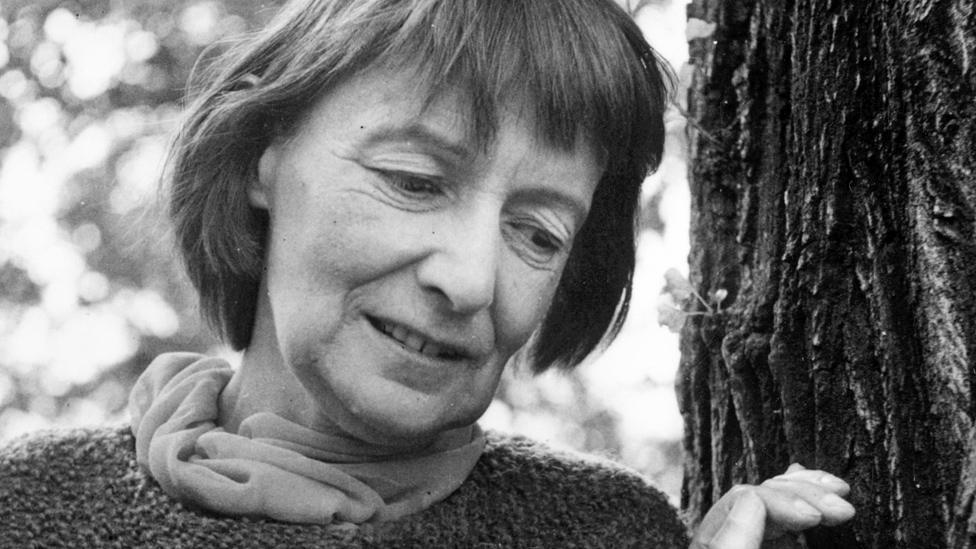
- Published11 May 2019
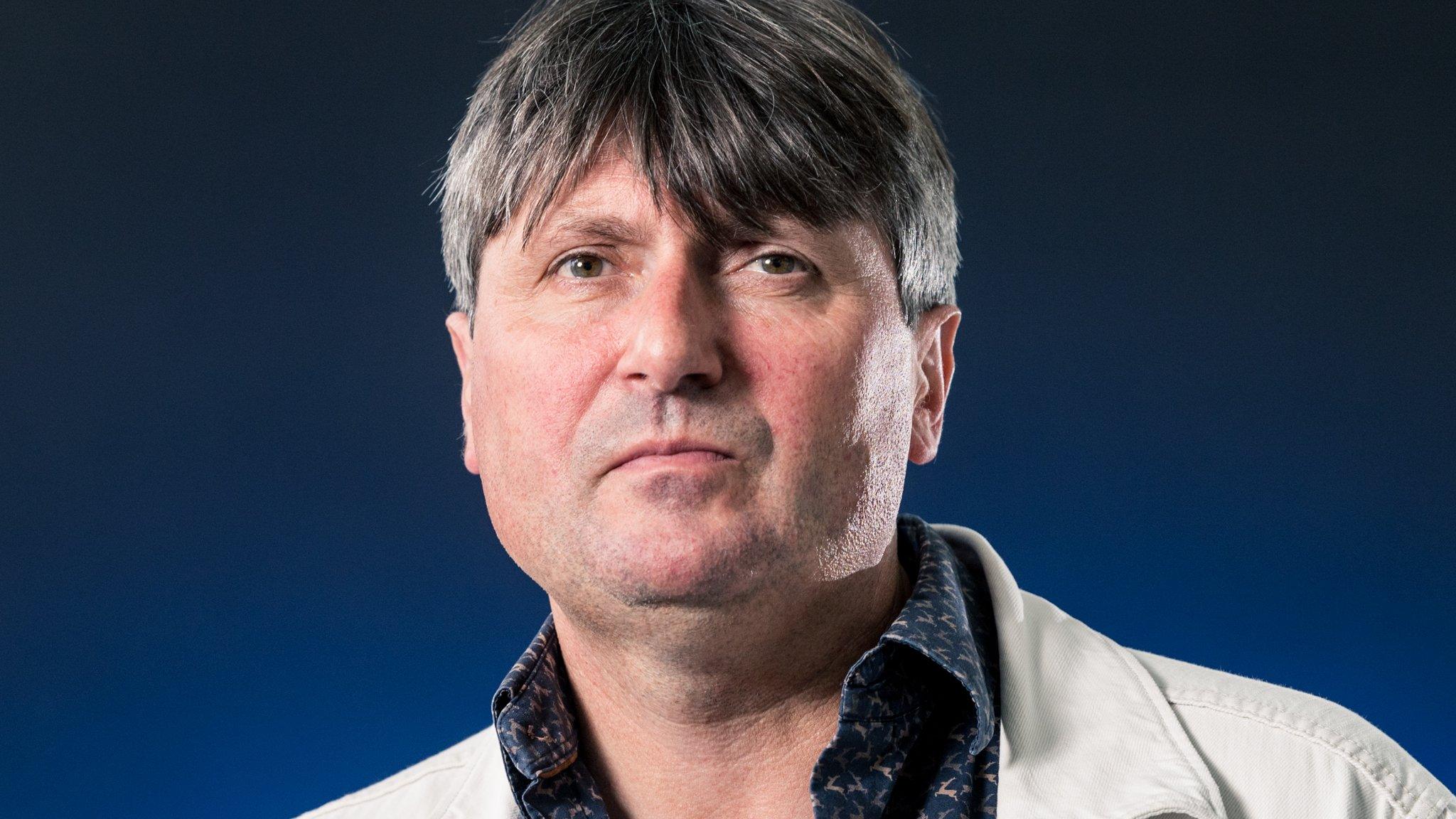
- Published31 July 2013
